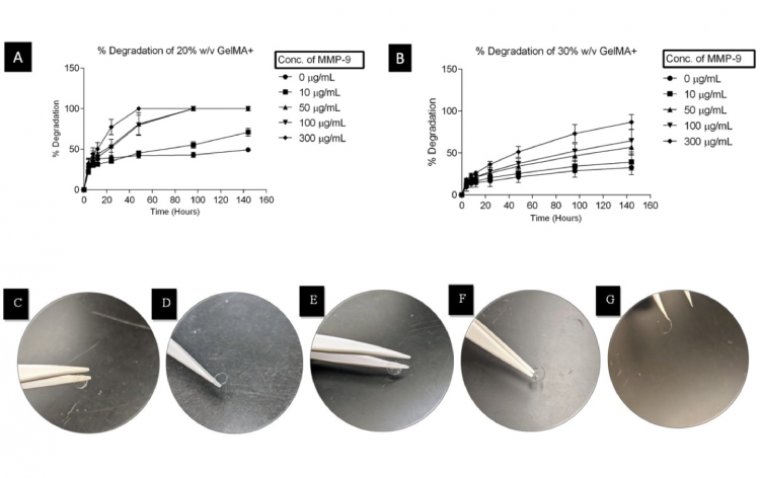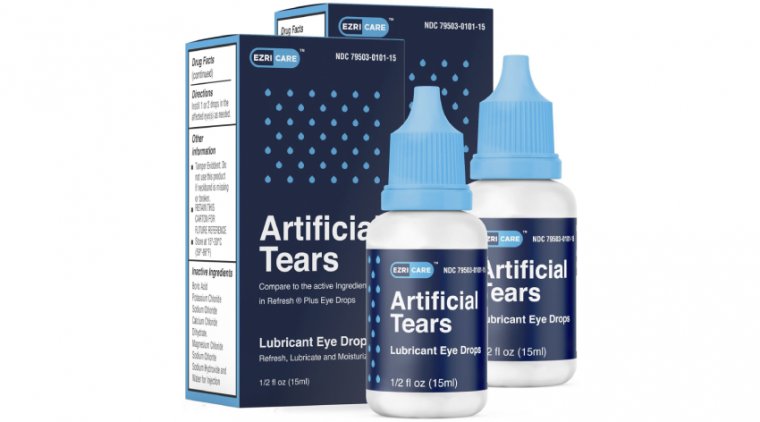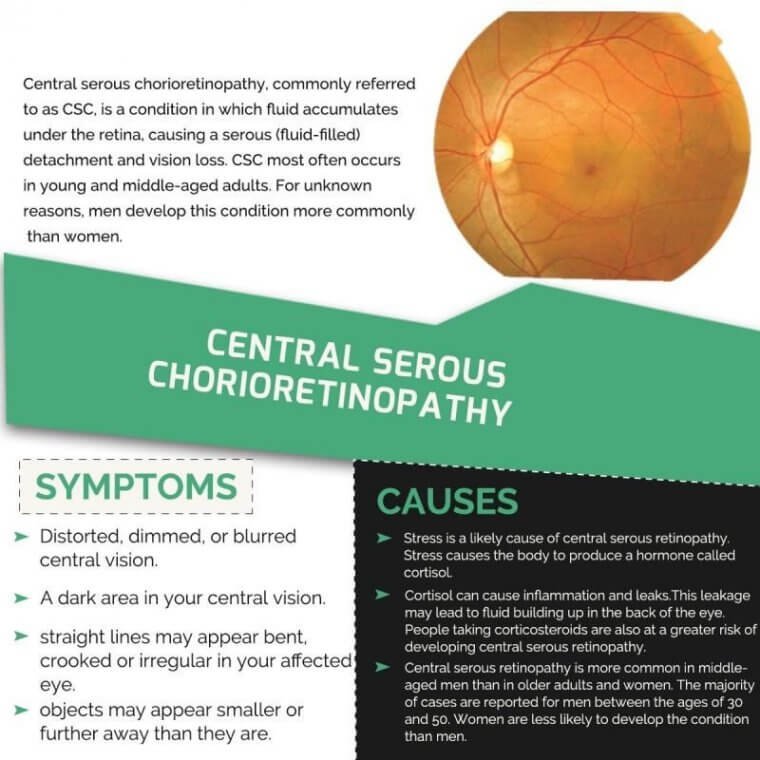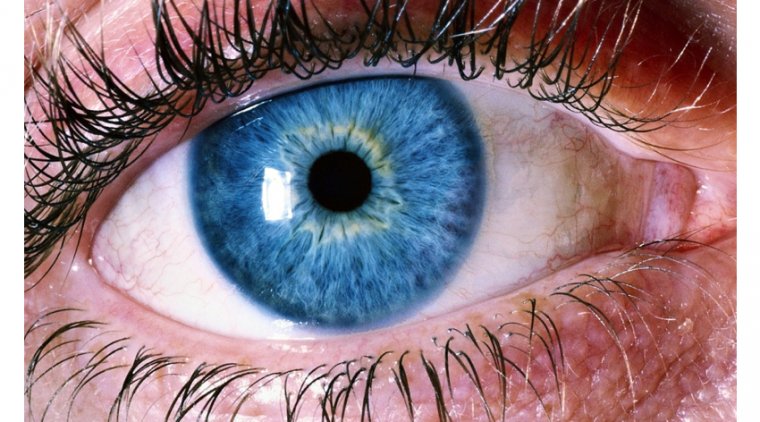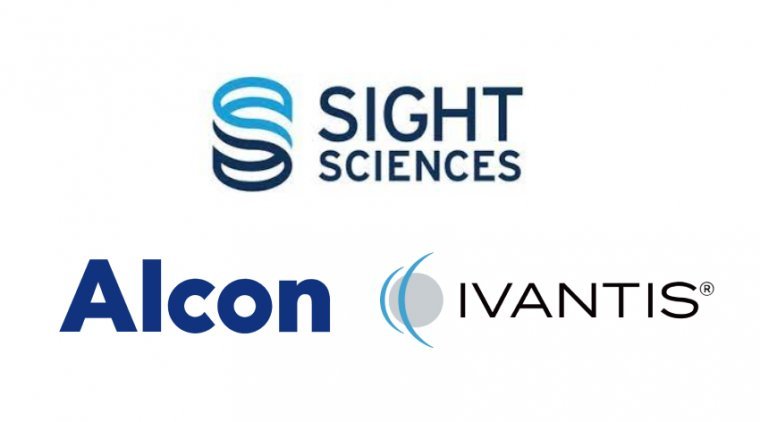
Novo Nordisk’s Popular Weight Loss Drugs Linked to Higher Risk of NAION
A recent study led by investigators from Mass Eye and Ear has found a concerning association between the use of semaglutide, prescribed for diabetes and weight loss under brand names Ozempic and Wegovy, developed by Novo Nordisk, and an increased risk of a serious eye condition known as NAION (non-arteritic anterior ischemic optic neuropathy).
Identifying the Risk: Semaglutide and NAION
The study, published in JAMA Ophthalmology on July 3, was led by Joseph Rizzo, MD, director of the Neuro-Ophthalmology Service at Mass Eye and Ear and the Simmons Lessell Professor of Ophthalmology at Harvard Medical School. It revealed that patients with diabetes who were prescribed semaglutide were over four times more likely to develop NAION compared to similar patients not using the drug. For individuals who were overweight or obese and prescribed semaglutide, the risk of NAION diagnosis was more than seven times higher.
Insights and Implications from the Study
"While semaglutide has shown significant benefits in managing diabetes and promoting weight loss, our findings underscore the importance of discussing potential risks like NAION with patients," said Dr. Rizzo, the study's corresponding author. "It's crucial to note that NAION, although uncommon, can lead to permanent vision loss."
The study's genesis stemmed from an observation in late summer 2023 when Dr. Rizzo and colleagues noticed a cluster of NAION cases among semaglutide users within a brief period. This prompted a retrospective analysis of over 17,000 patients treated at Mass Eye and Ear since Ozempic's introduction in 2017, focusing on those with diabetes or obesity.
Study Limitations and Recommendations for Future Research
Despite its findings, the study has limitations, including its majority-white study population and a small number of NAION cases over the study period. Dr. Rizzo emphasized the need for larger, more diverse studies to confirm these findings and explore underlying mechanisms.
"This research provides crucial new information that should guide discussions between healthcare providers and patients, especially those with existing optic nerve conditions," Dr. Rizzo concluded.
About NAION
Non-arteritic anterior ischemic optic neuropathy (NAION) is a rare but serious condition affecting the optic nerve, often resulting in sudden, painless vision loss in one eye. It occurs due to a disruption in blood flow to the optic nerve head, leading to ischemia and subsequent damage. NAION is the second leading cause of optic nerve-related blindness after glaucoma and is characterized by a rapid onset of visual impairment that can progress over several days. Unfortunately, there are currently no proven treatments to reverse the vision loss caused by NAION, emphasizing the critical need for early diagnosis and management strategies to mitigate its impact on affected individuals.
Reference
Risk of Nonarteritic Anterior Ischemic Optic Neuropathy in Patients Prescribed Semaglutide, JAMA Ophthalmology (2024). DOI: 10.1001/jamaophthalmol.2024.2296
*Stay in the loop and make sure not to miss real-time breaking news about ophthalmology. Join our community by subscribing to OBN newsletter now, and get weekly updates.
(1).jpg)
